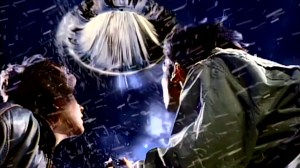Netflix’s Squid Game quickly became one of the biggest TV phenomena of all time. The South Korean survival thriller hooked audiences with its brutal stakes, high-concept premise, and scathing social commentary. But like any pop culture juggernaut, the closer you look, the more cracks you start to see. Even with the release of Season 2, fans are still pointing out confusing details and plot holes that make you scratch your head.
Even though we love the series, we have to hold our hands up and admit there are some things that simply don’t make sense.
Videos by ComicBook.com
Some of these oddities may never get explanations, but that doesn’t mean fans have stopped asking them. With that in mind, here are seven things about Squid Game that still don’t make sense to us, even after two seasons of explanations and twists. Warning: If you’ve not watched Squid Game, spoilers will follow.
1) Why Does Gi-hun Trust Player 001 in Season 2 & 3?
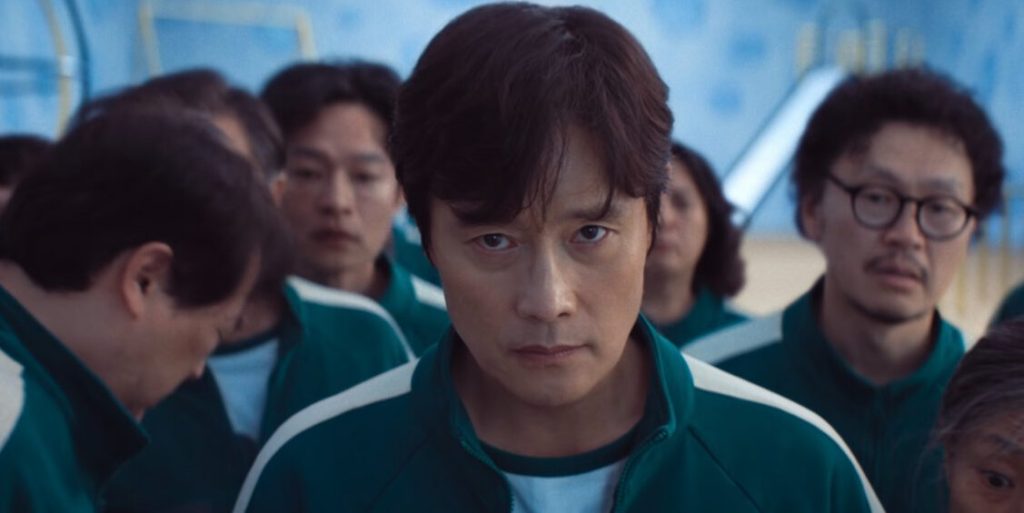
It’s understandable in Season 1 that Seong Gi-hun aka Player 456 would believe every other player is legitimate. So we can understand why he forms an emotional bond with Player 001, the seemingly fragile old man named Oh Il-nam. Even we as the audience were taken in by his seemingly adorable innocence. And we mourned with Gi-hun when their friendship ended in heartbreak during the marble game. It was a great twist when the show’s finale revealed that Il-nam was in fact the true mastermind behind the deadly games.
That took so many of us by surprise. But when Gi-hun willingly re-enters the games in Season 2 and 3, trying to bring it down from the inside, he shows little to no suspicion toward any other player, but especially 001. Given the trauma of discovering that the man he trusted was orchestrating the entire nightmare, shouldn’t Gi-hun have been more skeptical the second time around? It feels like he just conveniently forgets his own suspicions in order to push the story forward. Let’s be honest, we’d all steer clear of that player if we decided to re-visit the games.
2) What Happened to Jun-ho’s Detective Skills?

One of the most compelling arcs in Season 1 was Hwang Jun-ho, the police detective who infiltrates the games while searching for his missing brother. His cunning ability to stay undercover, steal disguises, and quietly gather intel was one of the show’s tensest subplots.
The last two seasons, however, seems to give him a raw deal as he simply abandons any remnants of those detective instincts. Jun-ho’s choices are inconsistent at best. Did that fall from the cliff top in season 1 just scramble his abilities? He never once suspects the boat captain Park Yeong-gil, instead he blindly accepts any lies the captain tells him — that mercenary just got drunk, slipped overboard and died…? Ok, Yeong-gil. The island definitely isn’t in this specific area of the map? Fine. We won’t question it! It’s a shame because Jun-ho’s story was one that could have been a great subplot to return to, sadly he was heavily sidelined and made no real impact at all in Seasons 2 and 3.
3) Why Doesn’t Jun-ho Tell Gi-hun Who the Front Man Is?
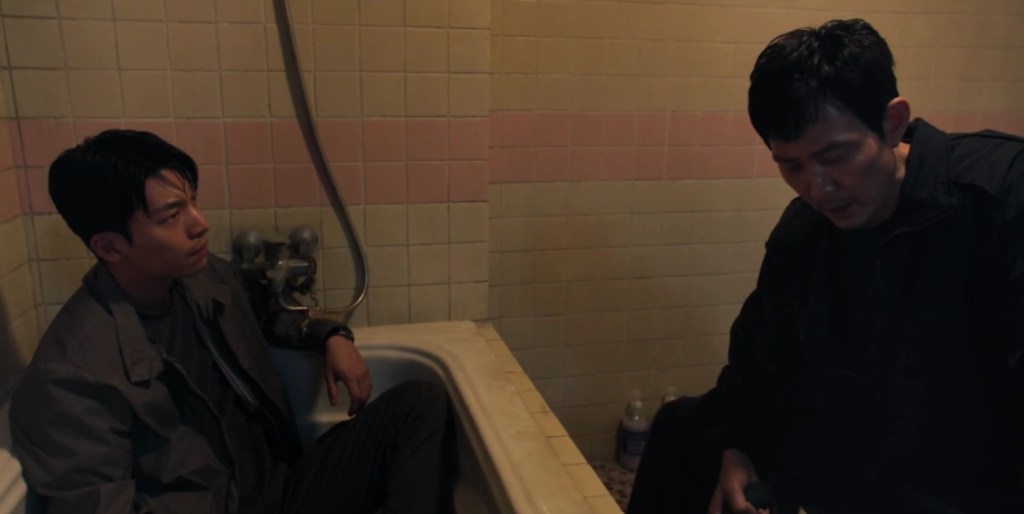
Season 1’s finale reveals that the mysterious Front Man, who oversees the games, is actually Jun-ho’s brother, Hwang In-ho. It’s a shocking reveal, but also one that creates a frustrating gap in communication. Why doesn’t he ever explain to anyone who the Front Man really is? When Jun-ho meets Gi-hun in Season 2 he has every opportunity to mention that his brother is running the entire show. Even a vague warning could have changed the way Gi-hun approached the games or helped expose the truth earlier. Heck! He could even show Gi-hun a picture and save the man all that betrayal and heartache.
Jun-ho withholding that information makes little sense, especially given his desperation to stop the games. Instead, the secret is saved purely for audience shock value. While effective as a twist, it makes absolutely no sense within the story. And if he is choosing to keep it quiet, at least give Jun-ho a line of internal dialogue explaining why he’s doing so.
4) No One Questions the Massive Ferry

There is something to be said about buying a remote island to create a deadly, voyeuristic game for the entertainment of awful rich people. But that does mean there are some logistical issues that need to be contended with. One of which is how to transport all the staff and players to the arena. This is done by boat of course. Everyone is ferried out to the remote island where the games take place in a massive ship, filled with hundreds of people carriers containing guards in bright pink uniforms as well as unconscious participants. But it also raises a major logistical question — how does nobody notice this happening year after year?
We’re talking about a vessel large enough to transport at least 500 people, along with the vehicles and necessary supplies to run the games. Even if the organizers disguise the ferry as a standard shipping vessel, you’d think satellite monitoring, maritime authorities, or even a curious fisherman might spot something unusual. Ok, we can understand that the organizers probably own the shipping port, and the vessels contained in it. But that doesn’t explain all the other things.
5) Who’s Really Running Things?
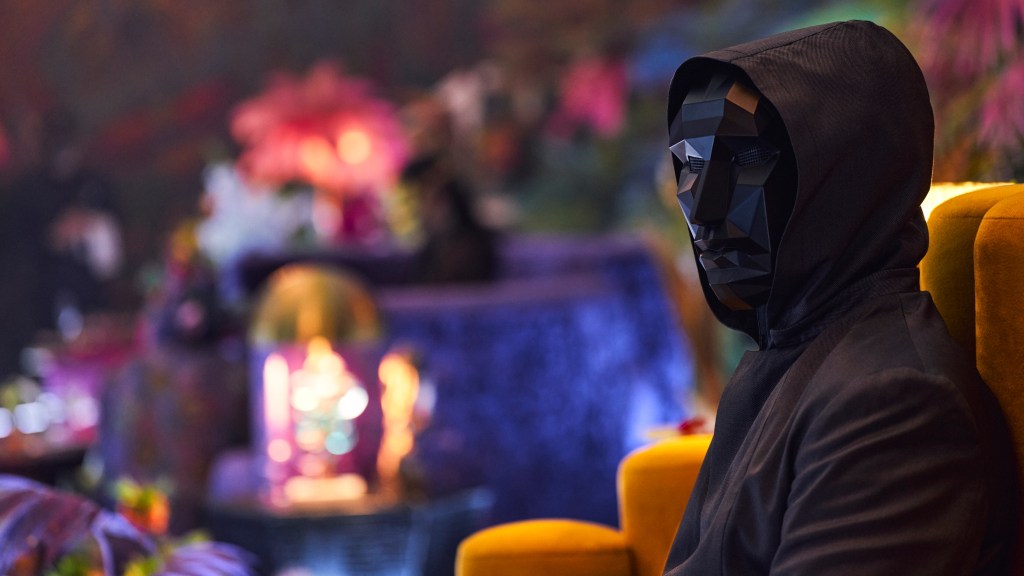
And that leads us onto another question, perhaps the biggest one of all — who’s really in charge of the Squid Games? Yes, Il-nam was the founder and had the Front Man as his enforcer, but the sheer scale of the operation suggests a much larger network at play. The games involve hundreds of staff, international VIPs, covert transportation, catering, and years of funding.
As fans pointed out, it seems implausible that one old man and Jun-ho’s morally compromised brother could handle all of this alone. There must be an entire infrastructure behind the games, especially as we saw Cate Blanchett playing Djaki in Los Angeles. Are they franchising the games out? How are they doing that without getting caught? Until Squid Game decides to lift the curtain on its shadowy backers, this lingering mystery will continue to haunt fans.
6) Why Were they Playing Ddjaki in America?
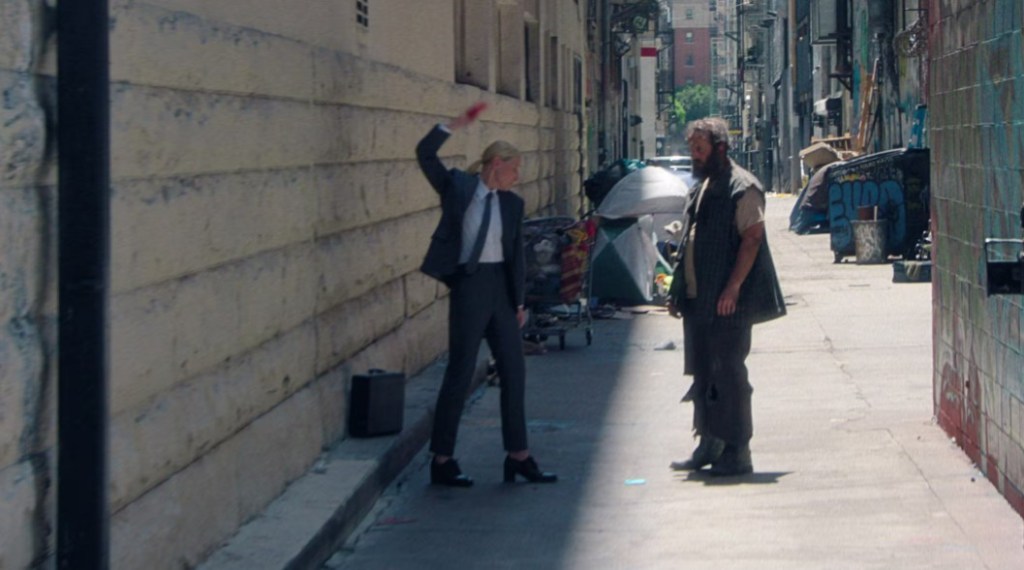
And the whole Cat Blanchett thing at the end of Season 3 is another bizarre decision. Sure, it makes sense that the Squid Games themselves could become international — every country has people desperate to escape the poverty line, and there’s plenty of overly rich people willing to exploit that. But why not use local street games? Ddjaki is not a universal game. Imagine being the recruiter in the US, and before even being able to recruit someone, you have to stand there and explain a Korean children’s game to the potential participant. It makes no sense. The set up of the scene wouldn’t be confusing for the viewers if the game was different. Though maybe seeing a lot of brightly colored Pogs isn’t quite as dramatic feeling as the Ddjaki envelope.
7) Are the Guards Any Good?
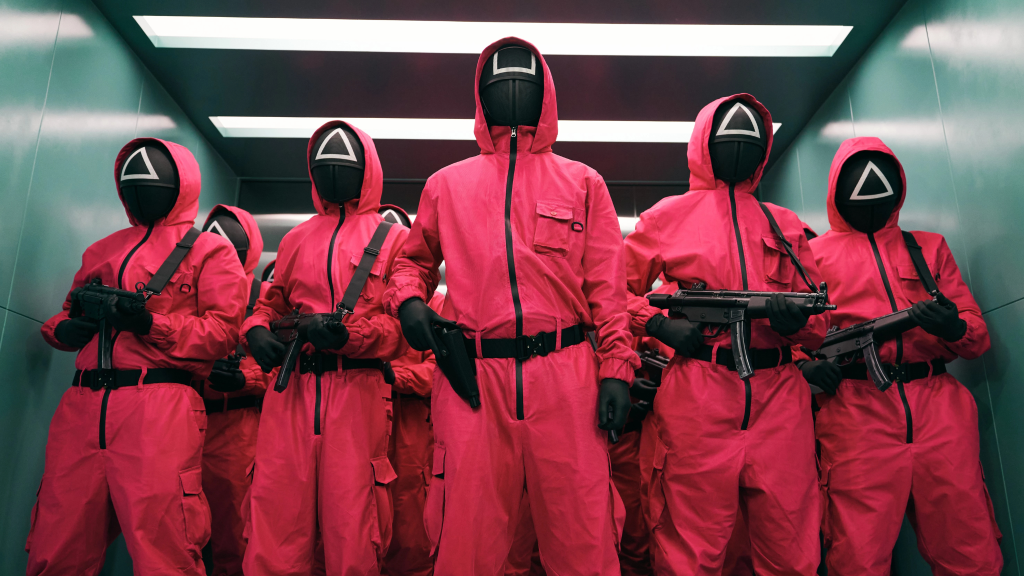
And finally, one thing that has been quite confusing — the guards. They’re meant to represent order and authority within the chaos of the games, but when you look closely, they’re surprisingly bad at their jobs. We’re not talking about the ones selling organs on the black market, we’re talking about them just not being particularly vigilant in the first place.
They fail to prevent players from smuggling in contraband, forming alliances, or even directly cheating. In the second season, they don’t even confiscate the necklace around Thanos’ neck that stores his drugs, nor do they take Jang Geum-ja’s (Player 222) hair pin that turns out to be a knife. The fact that all the players are knocked unconscious, stripped down and re-dressed in tracksuits before the games means that the guards seem lackluster at best in their official roles.
If the games are meant to be strictly controlled, the guards’ incompetence makes the entire system feel shaky. In a show that thrives on the tension of strict rules, watching those rules constantly go unenforced feels inconsistent at best.






